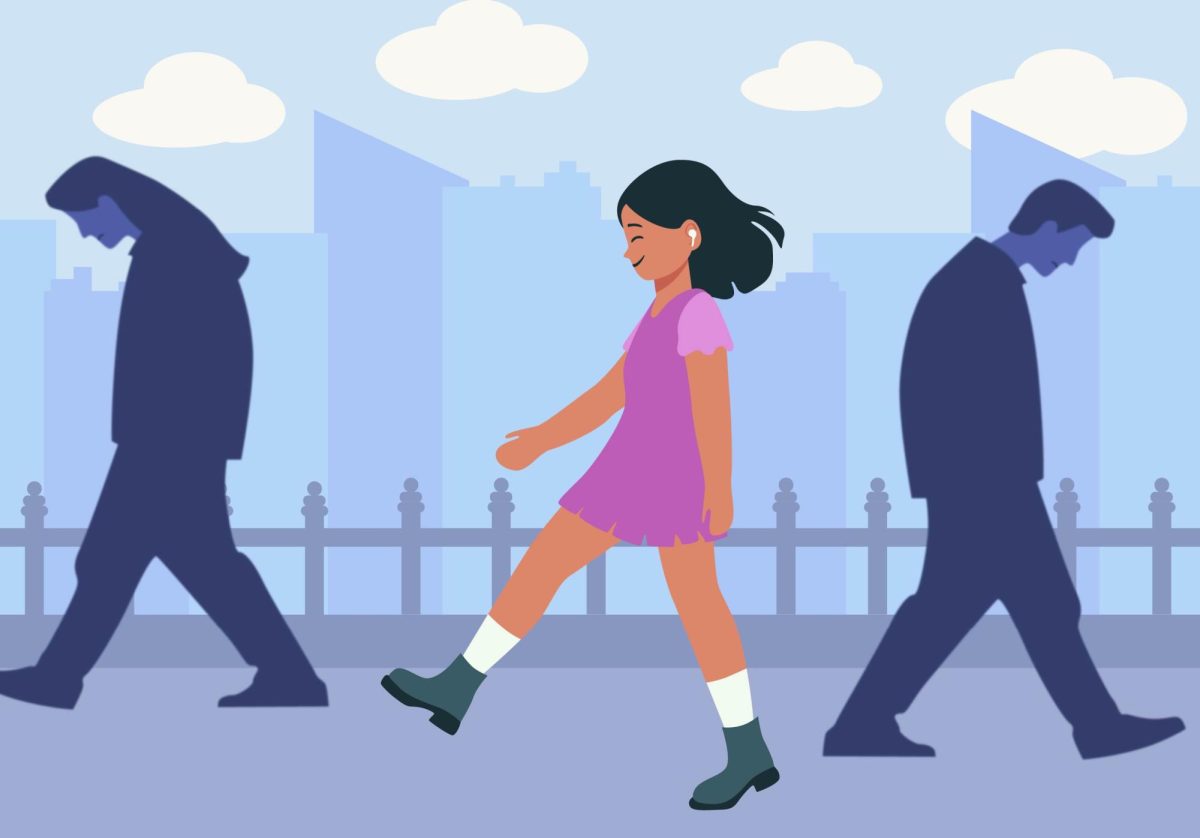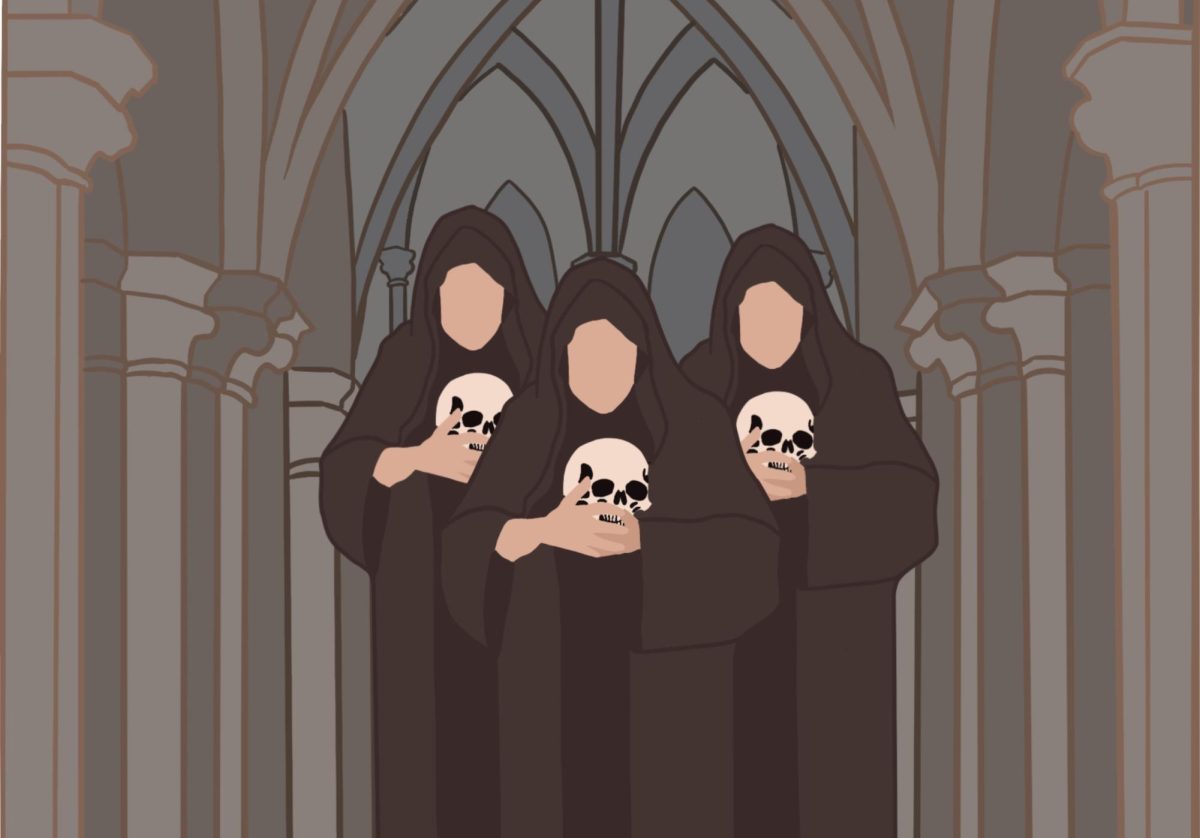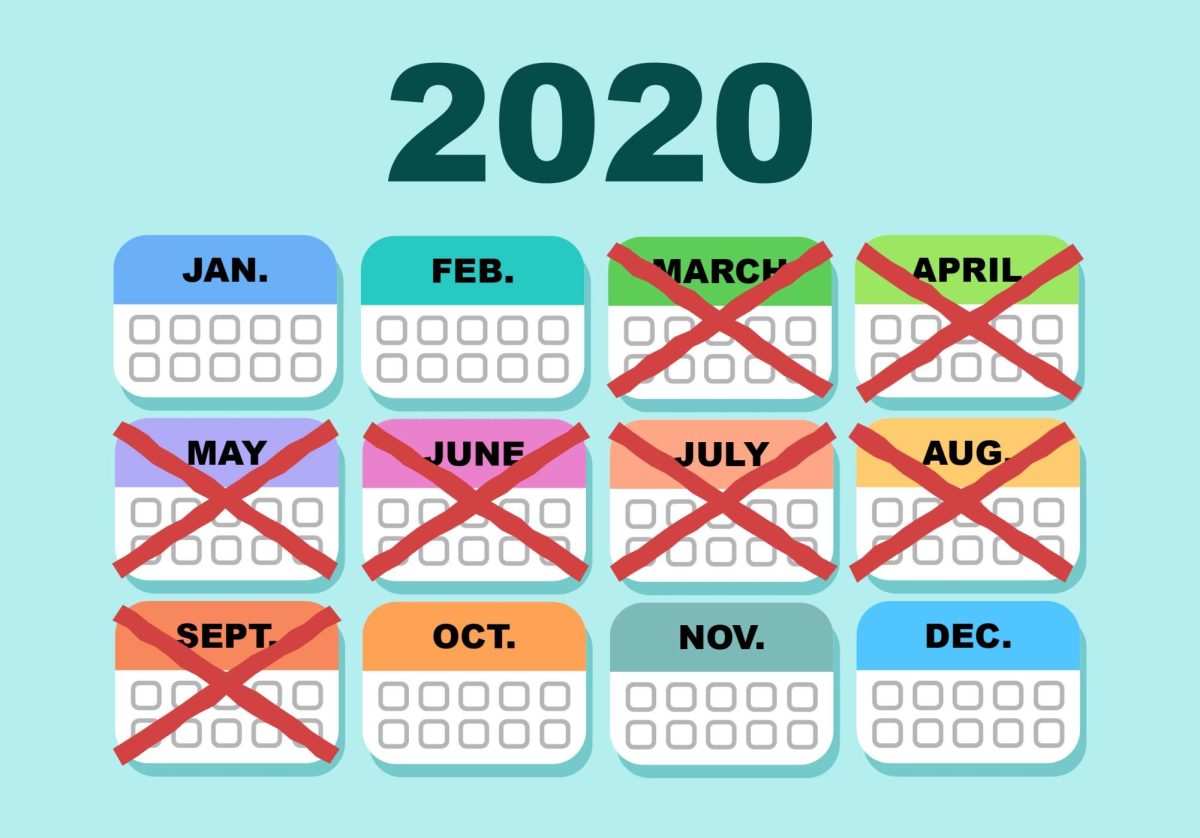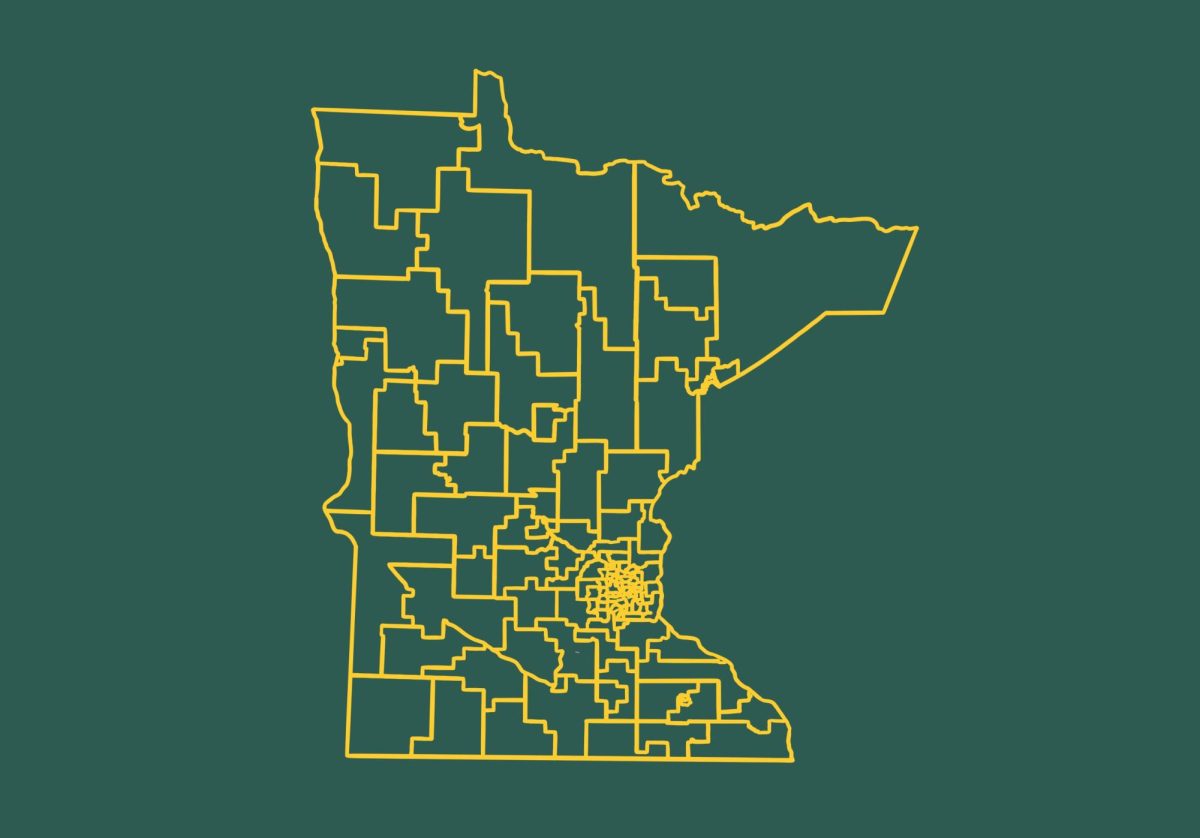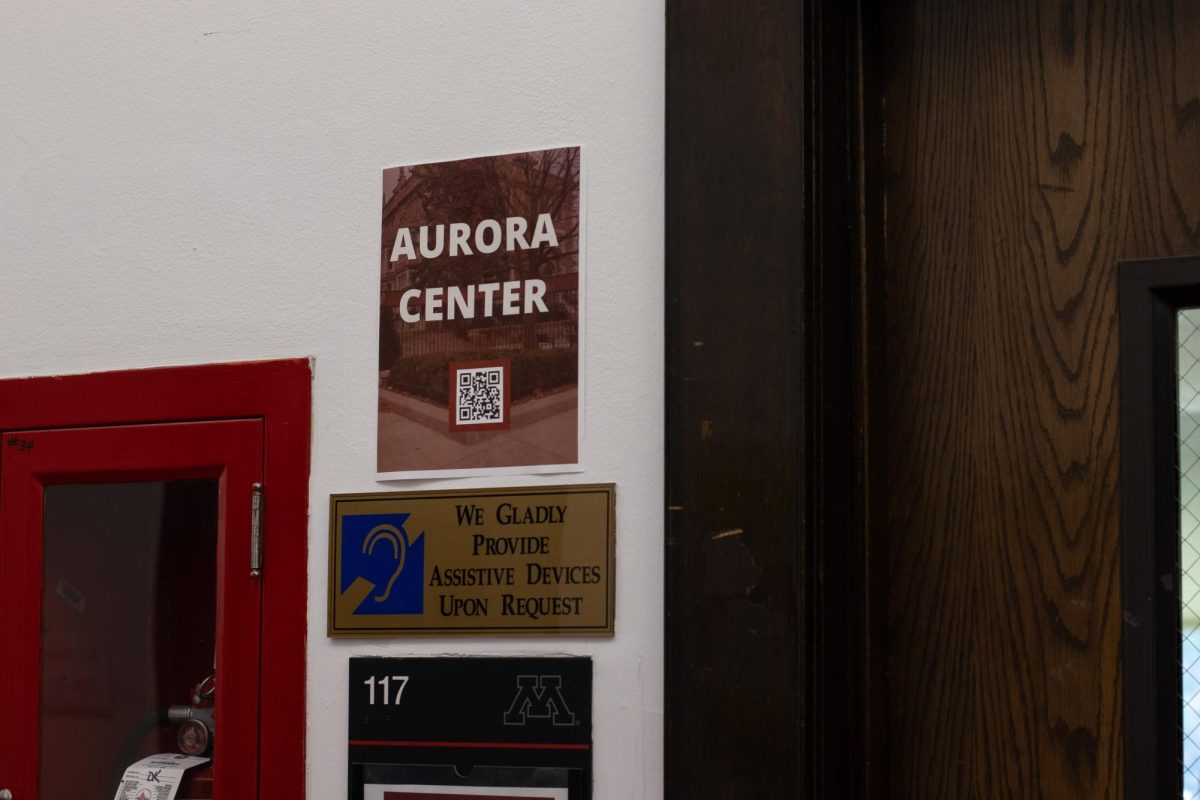Long before social media hashtags, the #MeToo movement was founded in 2006 by activist and youth worker Tarana Burke. Burke was inspired by her work in dealing with child survivors of sexual violence and created a foundation to provide resources and support to these populations.
More than a decade later, what began as a grassroots movement went viral. On Oct. 15, 2017, in a since-deleted post on X, actress Alyssa Milano wrote “If you’ve been sexually harassed or assaulted write ‘me too’ as a reply to this tweet.”
Soon enough, the #MeToo hashtag took off, with thousands of survivors sharing their experiences of sexual harassment and violence to raise awareness and stand in solidarity with one another.
Aysa Tarana, a third-year student at the University of Minnesota, said she remembers experiencing the viral moment in middle school.
“I remember kids were talking about it in school,” Tarana said. “I was young, but I thought that it was very empowering, and it made me feel a lot safer with my community of girls at school.”
Milano’s post came in response to the longstanding sexual harassment allegations against film producer Harvey Weinstein that came to light several days before in an article published by The New York Times.
It has been 18 years since the movement’s inception and seven years since it became a viral hashtag. This begs the question — where has it gone since?
Specifically, where is it in 2024?
President-elect Donald Trump was president during the rise of #MeToo in 2017 and in 2023 was found liable in a civil trial for sexually abusing journalist E. Jean Carroll. Despite this, Trump was reelected in November.
Several of Trump’s recent cabinet selections have been accused of sexual misconduct themselves, including Robert F. Kennedy Jr., Elon Musk and Pete Hegseth.
Harvey Weinstein, one of the initial catalysts of the movement’s virality in 2017, recently had his 2020 sex crimes conviction overturned on the basis that his initial trial was unjust.
This year, comedian Louis C.K. launched his Netflix comeback after being ousted from the platform in 2017 because of sexual misconduct. In the last two years, C.K. went on tour and released comedy albums. He also won a Grammy for his 2020 comedy album, “Sincerely Louis CK.”
Optically, in 2024, it could be said the movement has not stood.
However, these optics should not be the sole measure of the movement’s success.
Jasmine Christianson, a third-year student, said she still considers the #MeToo movement to be successful despite the headlines.
“I think it has been successful, but the impact can be measured in different ways,” Christianson said. “Since the movement started, people have opened their eyes a little more and actually understood what has happened to victims.”
While these 2024 headlines may be discouraging, it is important to remember the difference between systemic and societal change.
Despite his adjudication, Trump was still elected into office. Despite the allegations against them, R.F.K. Jr., Musk and Hegseth have all been nominated to Trump’s cabinet. Despite admitting to sexual misconduct, Louis C.K. has still found renewed success in the comedy industry.
In spite of these recent events, the movement has arguably transformed our public discourse. The core impact does not lie within headlines.
On the state level, in the years following 2017, bills introduced and passed related to workplace sexual misconduct and women’s rights increased dramatically.
After the hashtag went viral, the number of sex crimes reported worldwide increased.
The movement created a space for victims to share and push for change.
“If even one woman feels empowered to speak up against her aggressor, and that makes a difference for her, I think it makes it successful,” Tarana said.
Jenna Monday, a fourth-year student and the University’s Undergraduate Student Government Public Health and Sexual Assault Prevention Specialized Committee director, said the movement has naturally influenced the committee’s work.
“In general, women and people of the LGBTQ+ community are the ones who are predominantly affected by the issues that the #MeToo movement stands for,” Monday said. “Though sexual assault prevention is something that every student needs on this campus, our committee definitely is more geared towards female and non-male students, like the movement itself.”
As with many social movements, change doesn’t happen overnight, in a single election cycle or from a viral moment. Change is often non-linear, it unfolds over generations.
The #MeToo movement was created to disrupt the status quo. Its success cannot be measured within the confines of legal and political structures that it attempts to dismantle.
The movement gave and continues to give so many victims something that could never be quantified — a sense of solidarity.
The path to justice may be uneven, but solidarity will remain.



